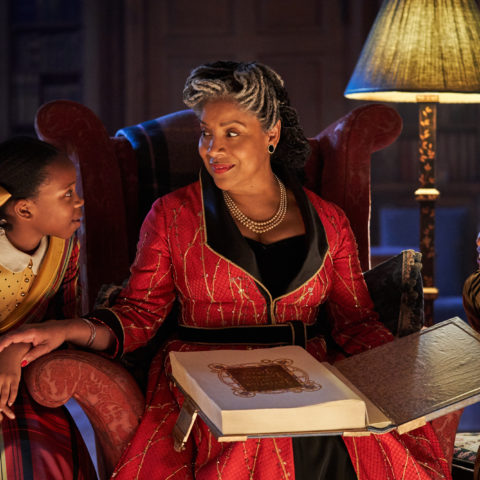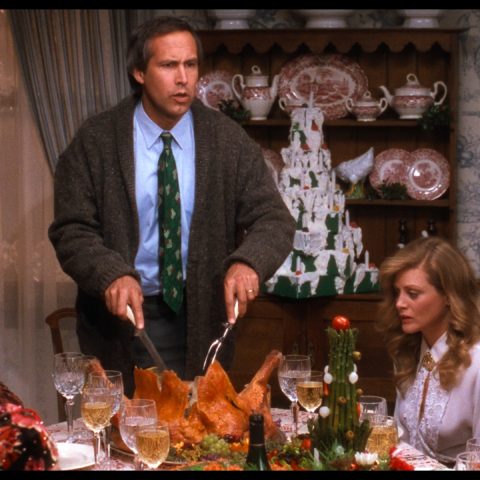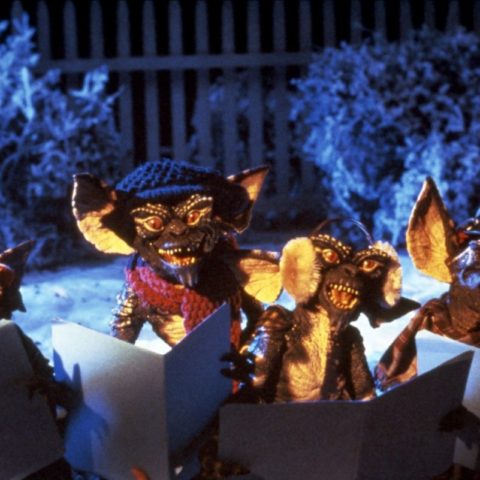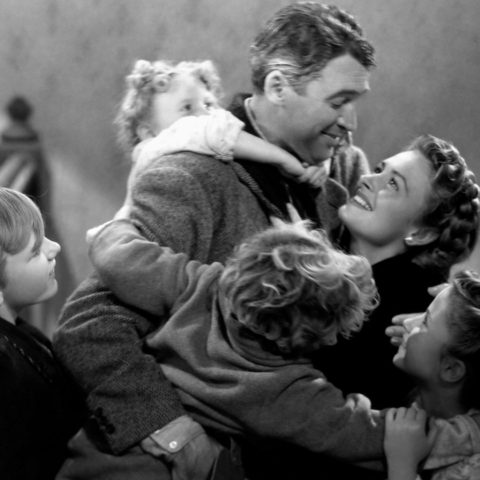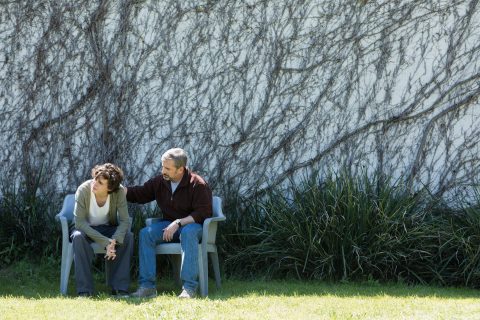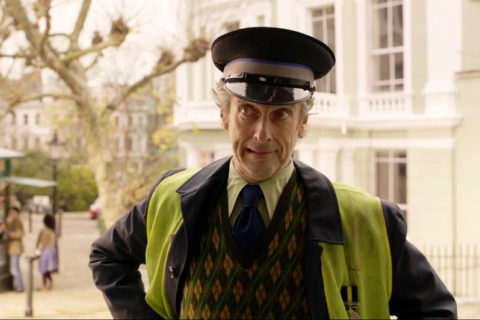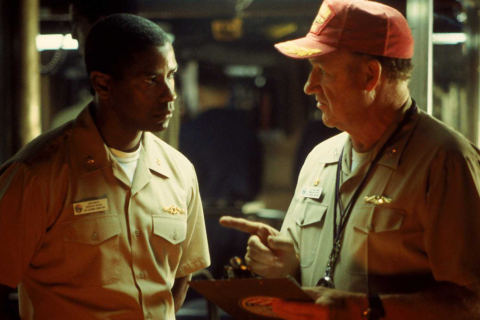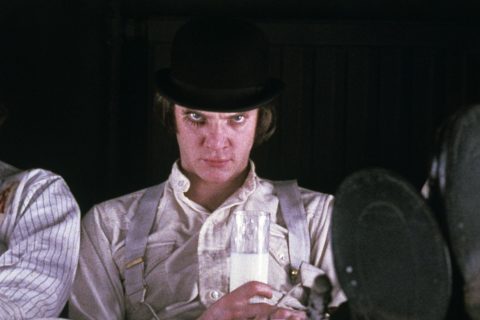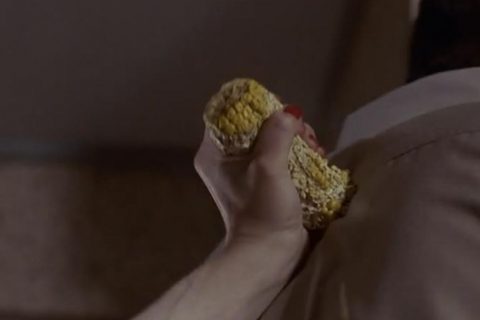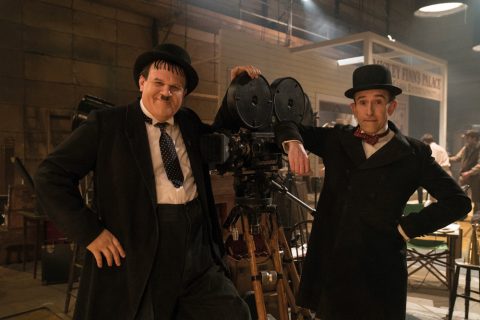The Man Putin Fears Most
Daniel Roher’s Navalny is this year’s most compelling documentary
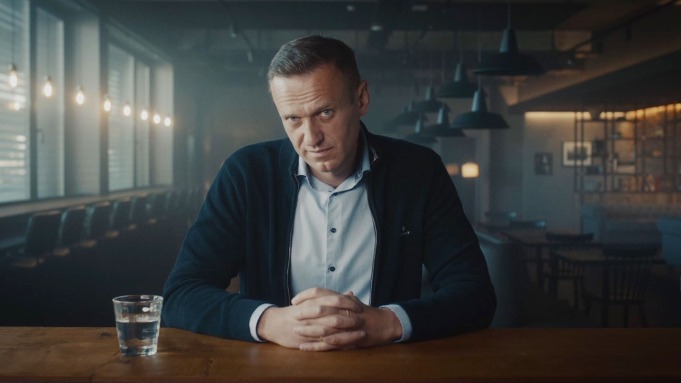
If timing is everything, the omens for Navalny, Daniel Roher’s new documentary are grimly promising. Made between November 2020 and January of this year, Navalny is a gripping portrait of Alexei Navalny, the singular individual who has found himself trapped in the labyrinth of crime, murder, deceit and propaganda which passes for the modern Russian state, and yet has summoned up almost superhuman resolves of courage, invention and cunning to maintain the closest thing to a functioning opposition to Vladimir Putin. This would be a fascinating, worthy story at any time, but with the recent invasion of Ukraine by Russia – a murderous, illogical, imperialist adventure which has upended Europe’s security order – it has become an essential guide to how we came to our current situation and the year’s first unmissable documentary.
Aged 29, Canadian Roher was previously best known for Once Were Brothers, a documentary about folk-rock legends The Band. Shot, edited and finalised in almost complete secrecy for security reasons, Navalny was entered to Sundance as a last-minute surprise submission where it won both the Festival Favorite award and the Audience award.
Roher’s close interest in Navalny’s case goes back to August of 2020, when the dissident was poisoned by secret agents while on a flight to Moscow. ‘When that was taking place, I never in a million years would have imagined that within a couple of weeks, I would be sitting across from the man trying to convince him why I was the guy who should tell his story and make a film about it,’ says the director. ‘But history is funny, the way that life can unfold. And there I was just a few short weeks later…’
So how did that first contact go? How do you actually reach out to someone like that?
Well, there was probably one human being on the face of the planet that could have reached out to Alexei Navalny and kept his interest. And that was the extraordinary Christo Grozev, an investigative journalist at the outlet Bellingcat (the independent news site which uncovered the identities of the two GRU agents involved in the attempted killing of Sergei Skripal). And so when Christo, who I was already engaged with on another project that was not going well, reached out to Alexei and said, “Hey, man, I think I have a lead on who tried to poison you,” he was all ears. But then it was up to me to convince Alexei why I was the guy who should direct this film. Christo opened the door – but I had to convince Alexei to let me walk through it.
Given that you’re not from a hard news background, what do you think attracted him to you as the person who might be able to tell his story?
What I pitched him originally was this idea of “Listen, what’s happening here as a story is urgent. It is compelling, it is exciting. And we should just film it. Whether we end up making a film together or not, we can decide down the road. If you like the cut of my jib and if you feel like we work well together, and you trust me, let’s make a film.” I think that was an easy way to drift into the filmmaking process and enough to pique his interest. And an opportunity for me to show him what I what I had to offer, and what I can bring to the table.
“Everything that’s… unfolding in Ukraine, Alexei Navalny saw this coming. He tried to warn the world”
Presumably, dealing with someone like Navalny comes with a lot of security concerns. Did you have any misgivings about getting involved in this?
Not for a second. Any documentary filmmaker worth their weight would drop everything to pursue a story like this. So it was just a question of reconciling the very real and valid security concerns. How would we encrypt our footage? What were the ramifications for our digital security? What were the consequences for my family members who might be targeted because of my work? These were things that in the moment, I had no awareness of – what I possessed was this sort of naive, bright-eyed perspective, this understanding that this man who I was about to embark on this journey with was remarkable, and an incredibly charismatic, controversial and interesting character. And we just got started, and the security infrastructure that was required to make a film like that safely, we sort of developed as we continued on our journey.
Why do you think he wanted to do the film? He’s clearly adept at disseminating information through his own channels, he already has an enormous reach online. What do you think you were offering him that was different to what he could produce for himself?
Navalny’s great genius, in my opinion, is his mastery of the media. This is a man who knows how to get his message out. He knows how to communicate with people. He has an audience that reaches tens, if not hundreds, of millions of people on a regular basis. So what did he need me for? I don’t make YouTube videos, I make films. And what I was able to convince Alexei of was the difference between a film and a YouTube video. A YouTube video is for immediate consumption. (But) a film is like a timebomb. It’s on a delay. It comes out in a year, or two years. And the power of that, is that if we do our job right, it will reinvigorate and re-energise the world to Alexei’s plight and his story. What I think Alexei understood was that there was a serious chance he would be sitting in prison, sitting in a gulag somewhere. And I could show something to the world then that would reinvigorate everyone to his plight. And I have to say, when I made that pitch to him, I had no idea if I could actually pull it off. But I was being guided by this very brazen and bold enthusiasm I had for what was in front of me. And it’s only in hindsight that I realised that the extraordinary team that I made this film with and I might have just done what we set out to do.
Did you get a sense over the time you spent with him of what is at the heart of his motivation politically? Because he’s not an ideologue in the 20th century sense, so what do you think has motivated him as a political operator?
That’s really quite simple: Navalny is offering an alternate vision of what his country can be. He wants to live in a country that is like a Europeanised, normal nation, that is part of this global community. He wants to live in a country that’s democratic, with a strong rule of law, where corruption does not rot every aspect of the society. And he sees it as his mission, to try and bring that future to a reality. I think when it comes down to the particulars of his policies… Alexei might say that we need to establish a democratic tradition, let’s have a competitive free and fair election. Then let’s debate policy. But you can’t have a discussion about charter schools or health care reform, when you’re existing in the context of a dictatorial regime trying to murder political dissidents.
What sense did you get of how his views have evolved and adapted over the past decade?
Well, I think Alexei “The Politician” has evolved. He is more urbane, more sophisticated now. If you watch footage from him from 10 or 15 years ago, he’s a bit schlubby. He wears clothes that are very bro-y and basic. And I think it was Yulia (Navalny’s wife), who was like, “come on, you want to be a serious politician, you have to look the part.” And he became a more sophisticated savvy operator. But in regards to his political philosophy, and what he’s been advocating for, what is remarkable to me is how consistent he’s been. He’s been preaching the same gospel for 10 years. You know, one thing that is interesting about this moment in history is that Alexei Navalny has predicted everything that’s come true. Everything that’s happening in this catastrophic war, this apocalyptic scenario that’s unfolding in Ukraine, Alexei Navalny, saw this coming. He tried to warn the world. He tried to talk about corruption, he tried to talk about the mismanagement and all of these things. And it’s kind of stunning, how this apocalypse is unfolding.
How formidable do you think his state adversaries are? There seems to be an odd mixture of lethal aggression, but also almost amateurism.
It’s this extraordinary contradiction. On one hand, you have one of the most powerful or supposedly powerful nation states, who are supposed to have the most sophisticated intelligence agencies on the planet but on the other hand, you have these incompetent schmucks who spill the beans, where their tradecraft is so shoddy… And it’s true, these guys are morons. And this is what happens when corruption facilitates every single aspect of the society. And it’s part of the reason why I believe this war in Ukraine is such a catastrophic, military failure. And thank God for that.
“Vladimir Putin doesn’t understand YouTube, he doesn’t know what TikTok is. Putin doesn’t know how to turn on an iPhone”
There’s an astonishing moment when you’re filming as they definitively ascertain that there’s this team of 20-plus murderers working directly for the Russian government. As a filmmaker, did you have the feeling there that you’d hooked something much bigger as a story at that point?
Absolutely – I mean, the art of documentary filmmaking is the art of being at the right place at the right time. And it’s luck, it’s preparation, it’s all of these things. And every now and then you get something magical. And maybe once or twice in your career, you get something like that phone call. As we were shooting that moment, I don’t speak a word of Russian, but could understand that something extraordinary was unfolding. Watching these normally reserved faces, as their jaws unhinged and dropped to the floor in utter disbelief because of what they were hearing… It was astounding. And I had a sense in that moment, that the work I was doing was very unique. And this film will be special.
Navalny talks at one point about having an almost physical, visceral reaction to Putin the first time that he saw him on television. Do you think has this move beyond being a political struggle to something very directly personal between those two men?
Absolutely it’s personal. Vladimir Putin sees him as a threat to his rule. And I think the reason why he’s so scary for the Kremlin is because of how good he is. Whether you support him or not, you can’t help but admire how good he is at making videos and understanding how the internet works. Vladimir Putin doesn’t understand YouTube, he doesn’t know what TikTok is. And here’s Navalny on TikTok engaging with a specific demographic and Putin doesn’t know how to turn on an iPhone.
Was the film itself changed by recent events? Did you have to go back and alter it at all at the last minute?
No, absolutely not. What changed about the film is the way I think it now plays a lot differently than it did when we premiered at Sundance in January. More than anything, what I am aware of is this truth that needs to be reminded to the world, that Putin is not Russia, and Russia is not Putin. Alexei Navalny offers a vision for a potential future. And as the world is grappling with the horrors of this apocalyptic war, Navalny’s plight, and his ambition to become president of Russia and to install a democratic tradition, is vital. People need to be reminded of this, we need to be reminded that Putin is not the tsar, he does not have to be the president of Russia for the rest of time. And another future is possible.
Ultimately, did you come away from the final film thinking that this is a portrayal of the next leader of Russia, or is it an elegy for someone who is doomed within that system?
I don’t know if Alexei Navalny will be the next president of Russia. But what I hope and what I’m confident in, is that Alexei Navalny will have the opportunity to run. He’ll have the opportunity to take part and participate in a competitive election, where he can put forward a plan and speak to the Russian people. But ultimately, whether he wins or loses is irrelevant. What’s important to me is that he has the opportunity to compete, and a democratic election can take place. If he wins or not, that’s up to the will and agency of the Russian people, which in and of itself would be historic and so important. And whether you support him or not, you can’t help but be inspired by his bravery and his courage and support his mission to install a democratic tradition in Russia.
Navalny will screen in Curzon cinemas on 12th April for a special one-day event and will be available on-demand followed by a UK wide release on 15th April

